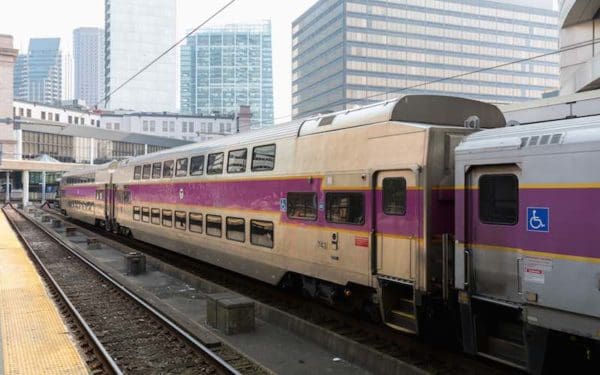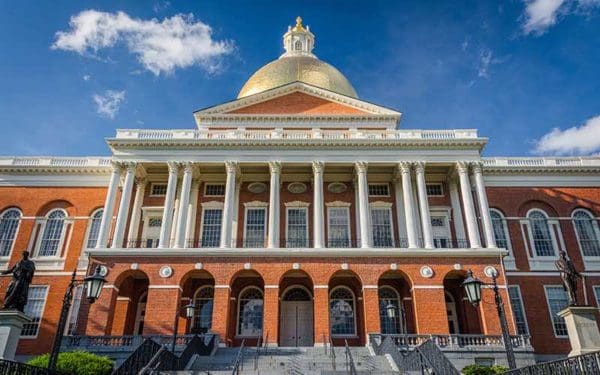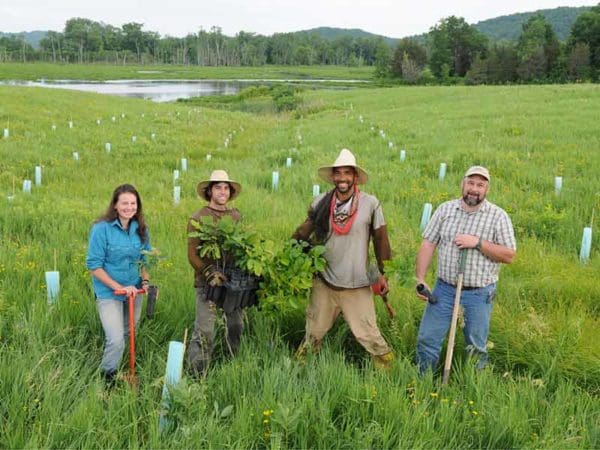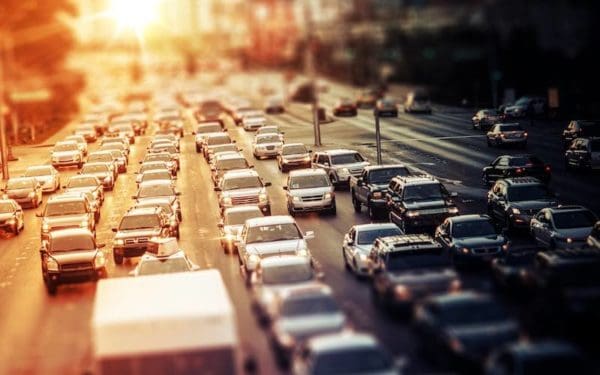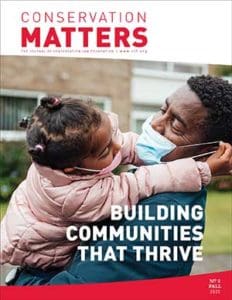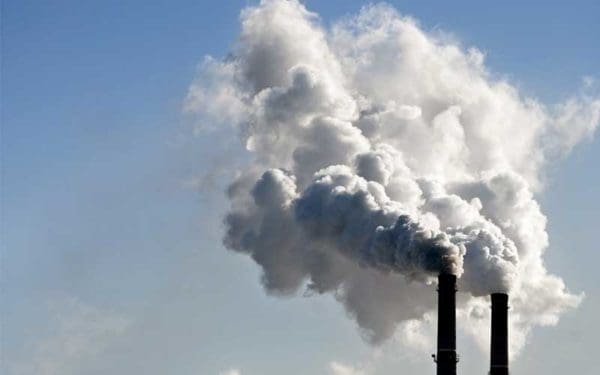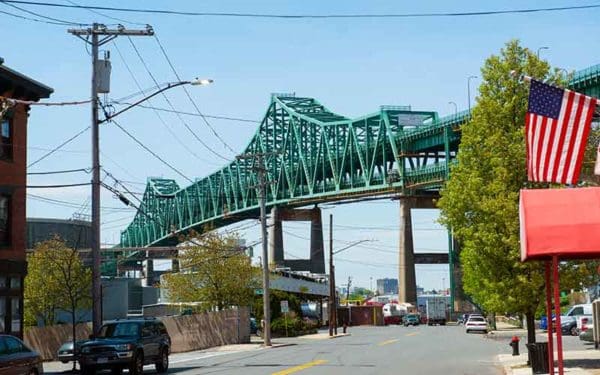Jan 06, 2021
“Transportation is an essential service and it’s about time our leaders treat it like one,” said Staci Rubin, Senior Attorney at CLF. “Funding these transformational projects and decriminalizing fare evasion will have a profound impact on communities that depend on public transit every day. Riders of color have been disproportionately targeted with criminal fare evasion charges for decades, and this welcome change is long overdue.”
Jan 04, 2021
“This legislation is a momentous step forward in confronting the climate crisis and protecting environmental justice communities,” said Caitlin Peale Sloan, Interim Director of CLF Massachusetts. “Only with the concrete plan and critical justice language in this legislation can the Commonwealth grow its economy, fight climate change, and begin to address stark environmental and public health inequities. The long-term health and safety of everyone in Massachusetts depend on Governor Baker signing this bill into law.”
Dec 23, 2020
COVID-19 has had a profound impact on Vermonters. But, if we move forward in the right way, we can build a resilient future for Vermont. Here are the three priority areas that we must work on to create the future we want.
Dec 21, 2020
“TCI has the potential to fill a glaring gap in transportation funding and to reduce emissions, but it has been fraught by a process that too often ignored community concerns,” said CLF President Bradley Campbell. “While today’s agreement includes important equity commitments, it is the next steps that matter most. CLF can only support this program if these commitments become enforceable policies and truly additive investments in climate and the communities suffering most from air pollution and lack of transportation options.”
Dec 20, 2020
This past year was one of the most challenging our country has faced in many of our lifetimes. Both the COVID-19 pandemic and the summer’s protests against police violence have forced deep, damaging inequities in our society out into the light of day. Now, as we start the new year, it’s up to all of us to ensure they not only stay there but that we actively work to redress them.
Dec 17, 2020
Hartford’s incinerator has been poisoning nearby communities for far too long. It’s time for the city to shut down this toxic facility and move towards innovative zero-waste solutions that aim to protect public health.
Dec 16, 2020
Portsmouth’s bold and important single-use ordinances were supported widely when approved a year ago. Immediate implementation of these ordinances presents an opportunity to get going with an initiative to reduce waste, save taxpayer money, and improve the health and wellbeing of our community and environment.
Dec 14, 2020
“Slashing these critical services will be catastrophic for communities that depend on public transit,” said Staci Rubin, Senior Attorney at CLF. “It’s senseless to cut services that essential workers depend on each day while COVID continues to rage. These cuts are not as bad as originally proposed, but they will nevertheless upend the lives of thousands of people, set the state back in reaching our climate goals, and hinder economic recovery after the pandemic.”
Dec 12, 2020
“People who depend on the bus are constantly delayed as the Tobin is inundated with single-occupancy cars. This new lane will slash those travel times benefiting Chelsea residents and workers,” Staci Rubin, an attorney at the foundation, said in a statement Friday.
